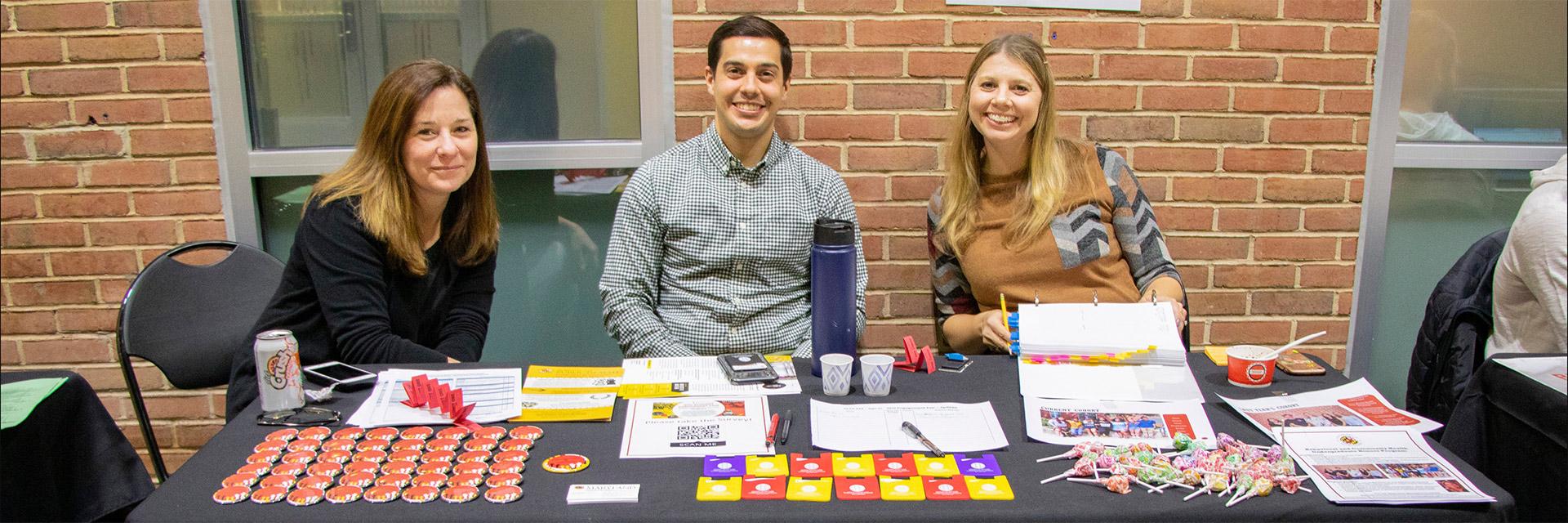Our Research Activities
Behavioral and Community Health faculty members and students are engaged in research aimed at optimizing health through the lifespan, eliminating health disparities, improving health literacy, and achieving health equity in communities across Maryland, the nation and the globe. Our research draws on behavioral and social sciences to address the health of individuals and communities across multiple domains, including: disparities in drug, tobacco and alcohol misuse, barriers to mental healthcare among LGBTQ+, the sexual and reproductive health of marginalized youth, and cancer treatment and prevention, among others.
